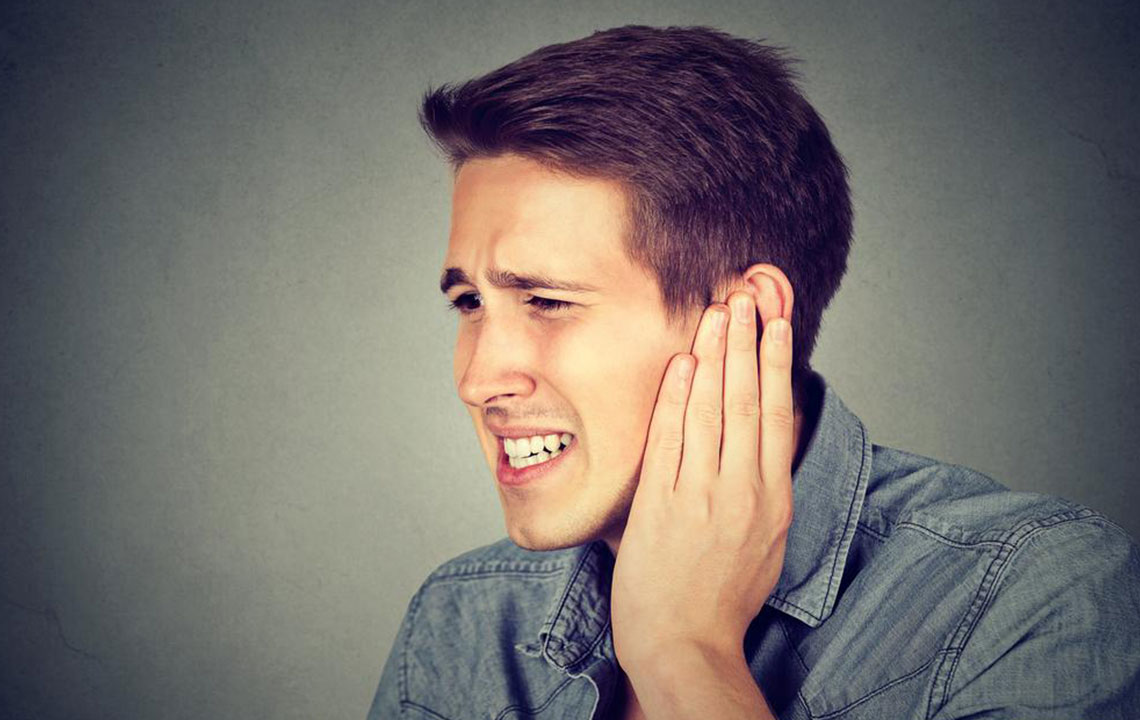Effective Self-Care Strategies for Managing Tinnitus
Discover effective at-home strategies to manage tinnitus naturally. From lifestyle adjustments, stress reduction, and sound therapy to ear protection, these practical tips can help alleviate persistent ringing in the ears. Prioritize health by avoiding triggers, practicing relaxation, and ensuring quality sleep for better ear health and overall well-being.

Tinnitus describes a persistent ringing or ringing-like noise in the ears, often heard without an external sound source. It is a symptom stemming from issues within the auditory system rather than a standalone disease. Various factors, including hearing loss or nerve damage, can cause tinnitus. Fortunately, several home-based remedies and lifestyle changes can alleviate symptoms.
Practical Ways to Reduce Tinnitus Symptoms
Avoid Triggers That Worsen Tinnitus: Monitor your habits and diet to minimize aggravating factors. Limiting caffeine, sugary beverages, salty foods, and alcohol can help. Additionally, avoid medications like aspirin that might intensify symptoms. Keeping a diary can help identify specific triggers.
Eliminate Smoking: Smoking impairs blood circulation, especially affecting ear nerves, which can amplify ringing. Quitting smoking is highly recommended to improve overall ear health.
Add Background Noise: Incorporating gentle sounds such as soft music, a fan, or white noise machines mimicking ocean waves or rainfall can mask tinnitus sounds, providing relief, especially in silence.
Practice Relaxation Techniques: Reducing stress through yoga, meditation, or deep-breathing exercises can diminish tinnitus severity. Taking regular breaks and avoiding stress-inducing activities help manage symptoms effectively.
Prioritize Quality Sleep: Adequate rest is crucial. Creating a comfortable sleeping environment, maintaining a consistent sleep schedule, and avoiding stimulants like caffeine before bed can improve sleep quality and reduce tinnitus impact.
Engage in Regular Exercise: Physical activity boosts blood flow and reduces stress, contributing to fewer tinnitus symptoms. Consistent workouts improve sleep and mental well-being.
Share Your Experience: Connecting with others facing similar problems can provide emotional support and valuable coping strategies, helping build confidence and reduce feelings of isolation.
Protect Your Ears from Loud Noises: Avoid exposure to high-volume noise from music, machinery, or loud environments. Use ear protection like earplugs or earmuffs when necessary to prevent further ear damage.
Note: The information shared here aims to guide tinnitus management; however, consulting a healthcare professional for personalized treatment is essential. The content is informational and not a substitute for medical advice.









